How To Conquer Your Cocker Spaniel’s Separation Anxiety, Sound Anxiety or Travel Anxiety
If your cocker spaniel is experiencing anxiety, life can be miserable both for you and your pup. I myself spent 2 years battling extreme separation anxiety with my dog, and we successfully came out on the other side. In this article I’ll share some of the resources and strategies that worked for us.
There are many forms of anxiety that your cocker spaniel may be suffering from. Typical causes of anxiety in cocker spaniel’s might be:
- Separation anxiety – Fear of being separated from their owner. This often manifests itself by your cocker spaniel pacing, drooling, biting, or being destructive while you’re away.
- Sound anxiety – Fear of loud noises like thunder, fireworks, or a vacuum cleaner
- Travel anxiety – Fear of traveling in a moving vehicle, or fear of intimidating places like your vet’s office or a boarding kennel
1. Experiment with Hemp Oil for Your Cocker Spaniel’s Anxiety
One of the tools I successfully used in treating my dog’s anxiety was Hemp. While your results may vary, approximately 67% of the dog owners polled here claimed that Hemp was ‘extremely effective’ or ‘somewhat effective’ in helping their dog’s anxiety.
In my experience, Hemp helped my dog calm down enough to respond positively to the other training methods I was using to treat her anxiety. When choosing a Hemp oil, always look for a certificate of analysis showing a pure and safe product. I’d also recommend a product with 0% THC.
If you’d rather not give an hemp oil tincture to your dog, there are also great full spectrum hemp treat options available for dogs on Amazon.
2. Desensitize Your Cocker Spaniel to The Cause of Their Anxiety
A key strategy for treating your cocker spaniel’s anxiety is desensitizing them to the trigger of their fear. For example, my dog’s anxiety was triggered anytime I walked out the door to leave the house. For other dogs, the trigger might be you grabbing your keys or putting on your coat.
Begin by doing the trigger activity, but then immediately reversing it. For example, I would grab my keys and walk out the door. Then I’d come back 5 seconds later. I did this literally hundreds of times over a period of a week. Eventually, my dog was desensitized and bored by the behavior.
Related: Best Calming Supplement for Dogs
3. For Sound Anxiety, Trying Isolating Your Cocker Spaniel and Playing Loud Music
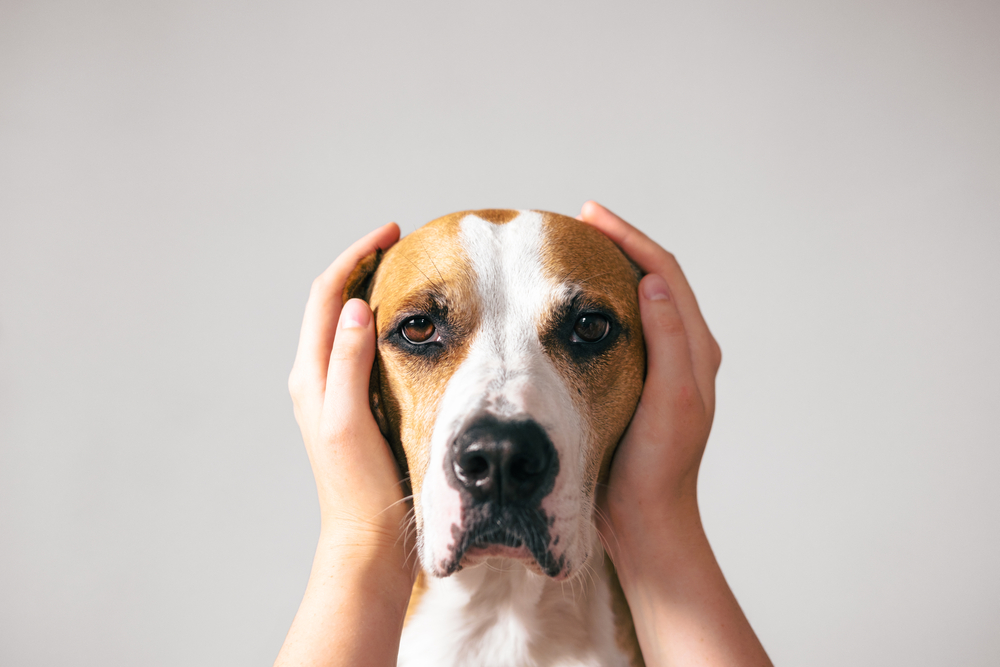
Many cocker spaniel’s that suffer from thunderstorm or fireworks anxiety experience relief in a smaller, more isolated room of the house where music can be played at a loud volume.
A word of caution though, if your dog is also experiences separation anxiety leaving them alone in a room during may be counterproductive.
4. Try Using a Compression Wrap (Available in Many Sizes and Will Fit Your Cocker Spaniel)
Many dogs are comforted by the feeling of compression across their body. One popular product many have found success with is the Thundershirt (available on Amazon). The product applies gentle, calming pressure that is very reassuring to many pups. The company claims the product to be helpful for about 80% of the dogs who tried it. It can be used to help calm your australian shepherd during fireworks, thunder, separation, travel, or vet visits, with no training and no medication required.
4. Try an Herbal Supplement for Your Cocker Spaniel with Calming Herbs Like Chamomile, Passion Flower, Ginger Root or Valerian Root
Many calming supplements exist for dogs that are palatable for dogs, easy-to-feed, and can help quickly relieve your australian shepherd’s stress and give a sense of safety and calm. Some supplements contain calming herbs like chamomile, passion flower, ginger root, and valerian root are a great option. Some products, such as this bacon flavored soft chew for dogs, contain all of the calming herbs in one. This calming chew is also available on Amazon.
5. Experiment with a Pheromone Diffuser for Your Cocker Spaniel
Canine pheromone diffusers mimic the calming pheromone that a mother dog emits while nursing her puppies. The diffuser can help many dogs feel calmer and more comfortable in stressful situations.
The same company that makes the Thundershirt above also makes a product called ThunderEase diffuser, which is also available on Amazon.
6. Try an Anti-Anxiety Supplement Containing L-Tryptophan, L-Theanine or Melatonin
Other popular ingredients in anti-anxiety supplements include the amino acids L-Tryptophan and L-Theanine, both of which offer calming properties and increase the release of “feel good” serotonin in your dog’s body. In addition, some calming products for dogs contain a small amount of melatonin, which can help regulate and improve their sleep. All these of these ingredients are available in some chews such as this. This calming chew is also available on Amazon.
7. Experiment with Using Your Own Scent & Sound to Calm Your Cocker Spaniel
In my experience, using your own scent and sound to help calm your dog is a powerful strategy in beating anxiety. I stumbled upon this one day with my own dog by accident.
Typically, if I left the home my dog would instantly enter a panic. But one day I needed to take a long phone call, and left my dog outside my bedroom door where I took the call. During the call, she calmly lied next to the door, where she could obviously smell and hear me. It occurred to me that I could possibly mimic this tactic while I wasn’t at home.
I recorded my voice on a CD player and then put it on loop. Then I placed a used t-shirt on the inside of the door where she could easily smell it underneath. To my surprise, I was able to leave the house for a short time. (I monitored her on a video camera). I slowly increased the length of time I left, and always found her calm and sincerely believing that I was just behind the door!
If you’d like to read the full story of how I cured my dog’s extreme separation anxiety, go here.
Another great product to help calm your dog is the Comfort Cuddler Buddy. You can stuff the cozy fleece man with your clothing or pillow case with your scent, and leave with your dog.
Lastly, another popular calming product is the heartbeat puppy toy. Traditionally, these have been used to help calm puppies who recently left their litter. The plush toys come with a warming features as well as a simulated heartbeat. While originally intended for puppies, many dog owners have found they can effectively calm dogs of all ages. This popular model is available on Amazon.
Summary
Defeating your cocker spaniel’s anxiety is possible, but every dog’s journey will look different. I hope the tools and strategies above will be helpful to your journey.
If you’d like to learn more about the Hemp oil and calming chews we use here at iHeartDogs, learn more below.
For best results, you can pair the above Hemp oil with the calming chews below. Between the 2 supplements, they offer 10 active and natural ingredients to help calm your dog without the use of medication.
Frequently Asked Questions:
While lovable little pooches, Cocker Spaniels can sometimes get a bit anxious and stressed out. Just like us humans, they can get worried about certain situations and start feeling a bit on edge. For Cocker Spaniels, these situations can include anything from loud noises and crowded places to unfamiliar people and separation from their owners. With the right care and attention, you can help your Cocker Spaniel live a happy, stress-free life.
Are Cocker Spaniels Prone To Anxiety?
Cocker Spaniels are more likely than other dog breeds to experience anxiety as they are bred to be a faithful, loving breed. Essentially, they do not do well being alone. If you cannot be there with your pup, consider adopting two dogs so they are never alone. Additionally, lack of socialization, traumatic experiences, inadequate exercise, and genetic disposition can cause undue anxiety.
If you suspect that your Cocker Spaniel is experiencing anxiety, it’s important to work with a veterinarian or professional dog trainer to develop a treatment plan that addresses their specific needs. Treatment for anxiety may involve behavioral modification, medication, or a combination of both. With proper treatment and care, many Cocker Spaniels with anxiety can learn to cope better and enjoy a happy, healthy life.
What Are Signs Of Stress For Cocker Spaniels?
Cocker Spaniels, like many other breeds, may display various signs when they are feeling stressed or anxious. Here are some common signs of stress in Cocker Spaniels:
Excessive barking or whining
Destructive behavior
Aggression
Hiding or avoidance
Panting and pacing
Loss of appetite or overeating
Licking or biting themselves
If you notice any of these signs in your Cocker Spaniel, work with a veterinarian or professional dog trainer to identify the cause of their stress and develop a treatment plan that addresses their specific needs. Both you, your family, and your dog will benefit from a little outside help.
Do All Cocker Spaniels Have Separation Anxiety?
No, not all Cocker Spaniels have separation anxiety, but they are prone to missing their humans to a new level, even when they just go to the grocery store. However, no two Cocker Spaniels are exactly alike, some will be aloof, and others will need to see you at all times. You have no way of knowing which you will have until they are a couple of months old. Additionally, environmental factors could play a part, and reducing stressors can reduce the problem even for finicky pups.
How Do You Calm An Anxious Cocker Spaniel?
While some Cocker Spaniels are simply anxious by nature, others are by environment. With a few tips and changes, you can help create a more inviting atmosphere, but it may require changing you a little too! Watch how you react to your dog, as you could be accidentally fueling the anxiety flame. Here are some other ways to reduce anxiety:
Create a safe and secure environment
Provide plenty of exercises
Try relaxation techniques
Introduce training and behavior modification
Consider medication
Buy a calming dog shirt
At What Age Do Cocker Spaniels Calm Down?
Cocker Spaniels tend to calm down around 2-4 years of age. But during those first two years, you can expect the anxiety and energy to be at all-time highs! Cocker Spaniels are usually high-energy and full of enthusiasm, which can make them more prone to anxiety and other behavior problems. With age, they usually lose or bring their excitement down to a more manageable level.
Why Is My Cocker Spaniel So Clingy?
Cocker Spaniels will spend their days so close to your side that you may not be able to start where you end, and they begin. This may be a little too clingy for some people, but to your pup, it’s a form of love and affection. Too much affection and dependency might just be a sign of separation anxiety or another behavioral issue.
Some dogs simply cannot handle the stress of not knowing their human’s location. As part of their pack, they feel responsible for your well-being and safety. Also, they may not feel comfortable around other people or dogs. You might also notice attention-seeking behavior for a little dopamine hit of attention and reward. Finally, some health issues can cause clinginess, too, so check with your veterinarian if it becomes a major problem.
Do Cocker Spaniels Have Attachment Issues?
Cocker Spaniels are known for their affectionate nature and forming close bonds with their owners. While this is generally a positive trait, it sometimes leads to attachment issues if a Cocker Spaniel becomes overly dependent on their owner. Attachment issues can manifest as separation anxiety, excessive clinginess, or difficulty forming relationships with other people or dogs. Not all Spaniels form attachment issues, though.
Do Cocker Spaniels Tolerate Being Alone?
Cocker Spaniels are social dogs that enjoy spending time with you and the family. Without you by their side, you can expect a little drama, stress, and anxiousness. They may not outgrow this either if it’s part of their nature. Help them out by not leaving them alone for long periods of time. Help prevent separation anxiety and keep your doggo happy and healthy by providing her with plenty of socialization, exercise, and mental stimulation. Consider hiring a pet sitter or dog walker to visit them during the day.
What Can I Give My Cocker Spaniel For Anxiety?
The best thing you can give your dog for anxiety is exercise and mental stimulation. For more anxious dogs, try calming supplements. Some dog owners have found that natural supplements, such as CBD oil or herbs like chamomile, can help reduce anxiety in dogs. However, you should always check with your veterinarian before giving your Cocker Spaniel any new supplements. If your Cocker Spaniel’s anxiety is severe, consider consulting with a veterinarian or professional dog trainer.
Why Does My Cocker Spaniel Cry All The Time?
No, your dog is not just an attention seeker if he spends time whining. Remember, your dog cannot communicate the way we humans can with words and tone. Think of them like babies; the only way they can let us know there’s a problem is to cry and whine. That’s their toolbox of options.
Just like with an infant, you need to check that everything’s okay to rule out possible causes. For instance, if a baby starts crying, the first thing you check is whether they are hungry, wet, tired, or cold. If these are all okay, you move on to other problems such as pain, fear, constipation, they do not like your perfume, or some other barrier between them and contentment. The same goes for dogs.
How Do I Teach My Cocker Spaniel To Be Alone?
Teaching your Cocker Spaniel to be alone can be a gradual process, but here are some steps you can take to help:
– Begin by leaving your Cocker Spaniel alone for short periods of time, such as 5-10 minutes, and gradually increase the time over a few weeks.
– Give your Cocker Spaniel a treat or a special toy when you leave and when you come back. This will create a positive association with being alone.
– Start practicing leaving and returning by going through the motions of leaving but not actually leaving. This will help your Cocker Spaniel get used to the routine of you leaving and coming back.
– Provide plenty of toys and puzzles to keep your Cocker Spaniel entertained while you’re away.
– Crate training can help your Cocker Spaniel feel safe and secure when you’re not home. Make sure the crate is big enough for your Cocker Spaniel to stand up, turn around, and lie down comfortably.
– If your Cocker Spaniel’s separation anxiety is severe, you may want to consider seeking the help of a professional dog trainer or behaviorist.
- Best Joint Supplement for Dogs
- Best CBD Gummies for Dogs
- Goat's Milk for Dogs
- Skin & Coat Supplements for Dogs
- Weight Gain Supplements for Dogs
- Muscle Building Supplements for Dogs
- Heart Supplements for Dogs
- Multivitamins for Dogs
- Pill Pockets for Dogs
- Digestive Enzymes for Dogs
- Turmeric for Dogs
- Liver Supplements for Dogs
- Tear Stain Supplement for Dogs
- Breath Fresheners for Dogs
- Kidney, Urinary, & Bladder Supplements for Dogs
- Stool Eating Deterrent for Dogs
- Eye Supplements for Dogs
- Melatonin for Dogs
- Apple Cider Vinegar for Dogs
- Green Lipped Mussels for Dogs
- L Theanine for Dogs
- Chondroitin Supplements for Dogs
- MSM for Dogs
- Valerian Root for Dogs
- Chamomile for Dogs
- Boswellia for Dogs
- L Tryptophan for Dogs
- Yucca for Dogs
- Licorice Root for Dogs
- Bromelain for Dogs
- Papain for Dogs
- Devil's Claw for Dogs
- Quercetin for Dogs
- Hemp gummy for dogs
- Best Hemp Dog Treats
- Best Hemp Oil for Dogs
- Best Calming Treats, Chews, & Supplements for Dogs
- Best Bone Broth for Dogs
- Best Fish Oil for Dogs
- Best Probiotics for Dogs
- Best Hip Dysplasia Supplements for Dogs
- Best Colostrum for Dogs
- Best Quercetin for Dogs
- Best Greens for Dogs Supplements
- Best Vitamin C Supplements for Dogs
- Best Probiotic for Dog with Allergies
- Best Taurine Supplements for Dogs
- Best Dog Food Toppers
- Best Anal Gland Supplement for Dogs
- Best Dog Probiotic Powder
- Best CoQ10 Supplement for Dogs
- Best Liquid Glucosamine for Dogs
- Best Wrinkle Creams, Balms, and Wipes for Dogs
- Best Puppy Calming Treats
- Best Colloidal Silver for Dogs
- Best Adaptogen Supplements for Dogs
- Best Cognitive Supplements for Dogs
- Best Bee Pollen for Dogs
- Best Vitamin A Supplements for Dogs
- Best Vitamin E Supplements for
- Best Liquid Glucosamine Supplements for Dogs
- Best SAM-e Supplements for Dogs
- Best Hyaluronic Acid Supplements for Dogs
- Best Apple Cider Vinegar Supplements for Dogs
- Best Diarrhea Medicine for Dogs
- Best Milk Thistle for Dogs
- Best Turkey Tail Mushroom Supplements for Dogs
- Best Astaxanthin Supplements for Dogs
- Best Lutein Supplements for Dogs
- Best Electrolyte Supplements for Dogs
- Best Coconut Oil for Dogs
- Best Prenatal Vitamins for Dogs
- Best Puppy Milk Replacements
- Best Iron Supplements for Dogs
- Best Dewormer Products for Dogs
- Best Mange Medications for Dogs
- Best Cough Relief Products for Dogs
- Best Sinus Relief Products for Dogs
- Best Collapsed Trachea Supplements for Dogs
- Best Fireworks Anxiety Relief Products for Dogs
- Best Thunderstorm Anxiety Relief Products for Dogs
- Best Travel Anxiety Relief Product for Dogs
- Best Supplements for a Dog with a Torn ACL
- Best Supplements for a Dog with Patellar Luxation
- Best Supplements for a Dog with Intervertebral Disc Disease
- Best Zinc Supplements for Dogs
- Best Biotin Supplements for Dogs
- Best Tart Cherry Supplements for Dogs
- Best Resveratrol Supplements for Dogs
- Best Ginkgo Biloba Supplements for Dogs
- Best Ashwagandha Supplements for Dogs
- Best Supplements for Dogs with Cushing's Disease
- Best Adrenal Supplements for Dogs
- Best NAD+ Supplements for Dogs
- Best NMN Supplements for Dogs
- Best Supplements for Dogs with Dementia
- Best Supplements for Dogs with CCD(Canine Cognitive Dysfunction)
- Best Fiber Supplements for Dogs
- Best Spirulina for Dogs
- Best Hairball Remedies for Dogs
- Best Eye Drops for Dogs with Allergies
- Best Magnesium Supplements for Dogs
- Best Brushes for Double-Coated Dogs
- Best Dandelion Root Supplements for Dogs
- Best Probiotic for Dogs with Yeast Infections
- Best Flaxseed Oil for Dogs
- Best Chamomile Supplements for Dogs
- Best Lavender Supplements. Treats & Sprays for Dogs
- Best Collagen Supplements for Dogs
- Best Kelp Supplements for Dogs
- Best Activated Charcoal for Dogs
- Best Slippery Elm Supplements for Dogs
- Best Supplements for Dogs with Seizures & Epilepsy
- Best Antioxidant Supplements for Dogs
- Best Ubiquinol Supplements for Dogs
- Best Hormone & Glandular Supplements for Dogs
- Best Thyroid Supplements for Dogs
- Best Iodine Supplements for Dogs
- Best Dog Shedding Supplements for Dogs
- Best Detox Supplements for Dogs
- Best Postbiotics for Dogs
- Best Aspirin Products for Dogs
- Best Dog Anti-Nausea Products
- Best Dog Mouthwashes
- Best Camelina Oils for Dogs
- Best Hemp Seed Oils for Dogs
- Best Natural Anti-Inflammatories for Dogs
- Best Cancer Supplements for Dogs
- Best Sardine & Anchovy Oils for Dogs
- Best Fatty Acid Supplements for Dogs
- Best Chia Seed Supplements & Treats for Dogs
- Best Olive Oils for Dogs
- Best Amino Acid Supplements for Dogs
- Best Moringa Supplements for Dogs
- Best Echinacea Supplements for Dogs
- Best Cranberry Supplements for Dogs
- Best D-Mannose Supplements for Dogs
- Best Nettle Leaf Supplements for Dogs
- Best Marshmallow Root Supplements for Dogs
- Best Astragalus Supplements for Dogs
- Best Pumpkin Seed Supplement for Dogs
- Best Supplements for a Dog Wetting The Bed
- Best Blueberry Supplement for Dogs
- Best Bromelain Supplements for Dogs
- Best Yucca Supplements for Dogs
- Best Ginger Supplements for Dogs
- Best Rosehip Supplements for Dogs
- Best Allergy Medicines for Dogs
- Best Reishi Mushroom Supplement for Dogs
- Best Maitake Mushroom Supplement for Dogs
- Best Chaga Mushroom Supplement for Dogs
- Best Shiitake Mushroom Supplement for Dogs
- Best Cordyceps Mushroom Supplement for Dogs
- Best Lion's Maine Supplement for Dogs
- Have question? - Ask in our Dog Health Forum
- CBD for Cocker Spaniels: What You Need to Know
- Best Supplements for a Senior Cocker Spaniel
- Best Flea & Tick Products for Cocker Spaniels
- Best Dog Foods for Cocker Spaniels
- Best Online Dog Training Courses for Cocker Spaniel
- Best Hip & Joint Supplement for a Cocker Spaniel
- What Supplements Should I Give a Cocker Spaniel Puppy?
- The 9 Best Cocker Spaniel Puppy Foods
- Best Dog Beds for Cocker Spaniels
- Improve Your Cocker Spaniel's Skin & Coat with This One Hack
- Giving This to Your Cocker Spaniel Daily Can Alleviate Itchy Allergies
- 6 Natural Ingredients to Fight Your Cocker Spaniel's Allergies
- 8 Ways to Stop Your Cocker Spaniel's Scratching
- 7 Ways to Calm Your Cocker Spaniel's Anxiety
- 6 Remedies for Your Cocker Spaniel's Diarrhea, Gas, or Vomiting
- 7 Best Dental Chews for a Cocker Spaniel
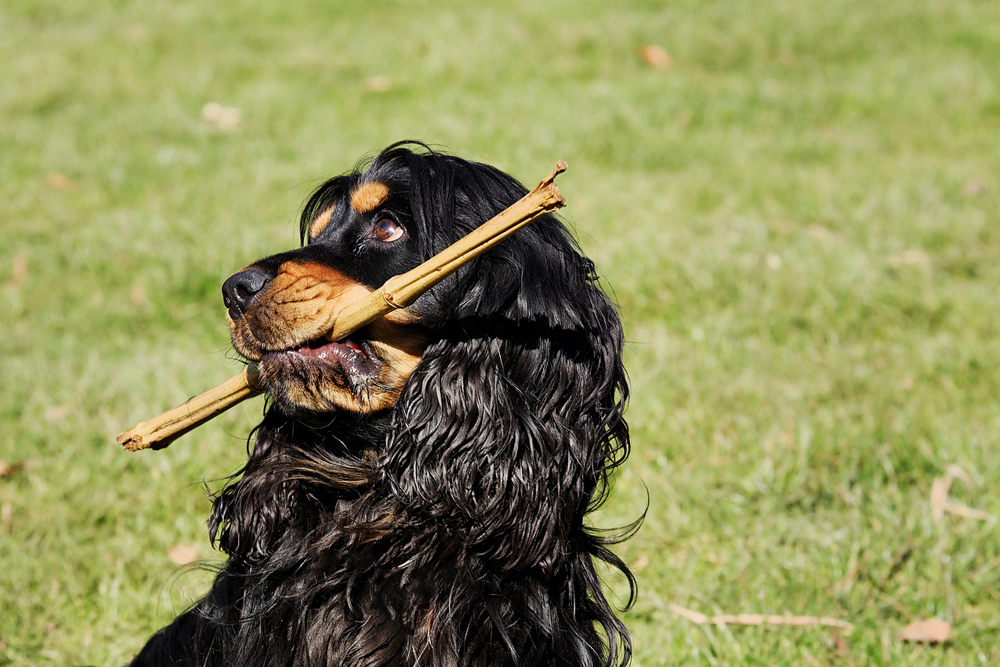
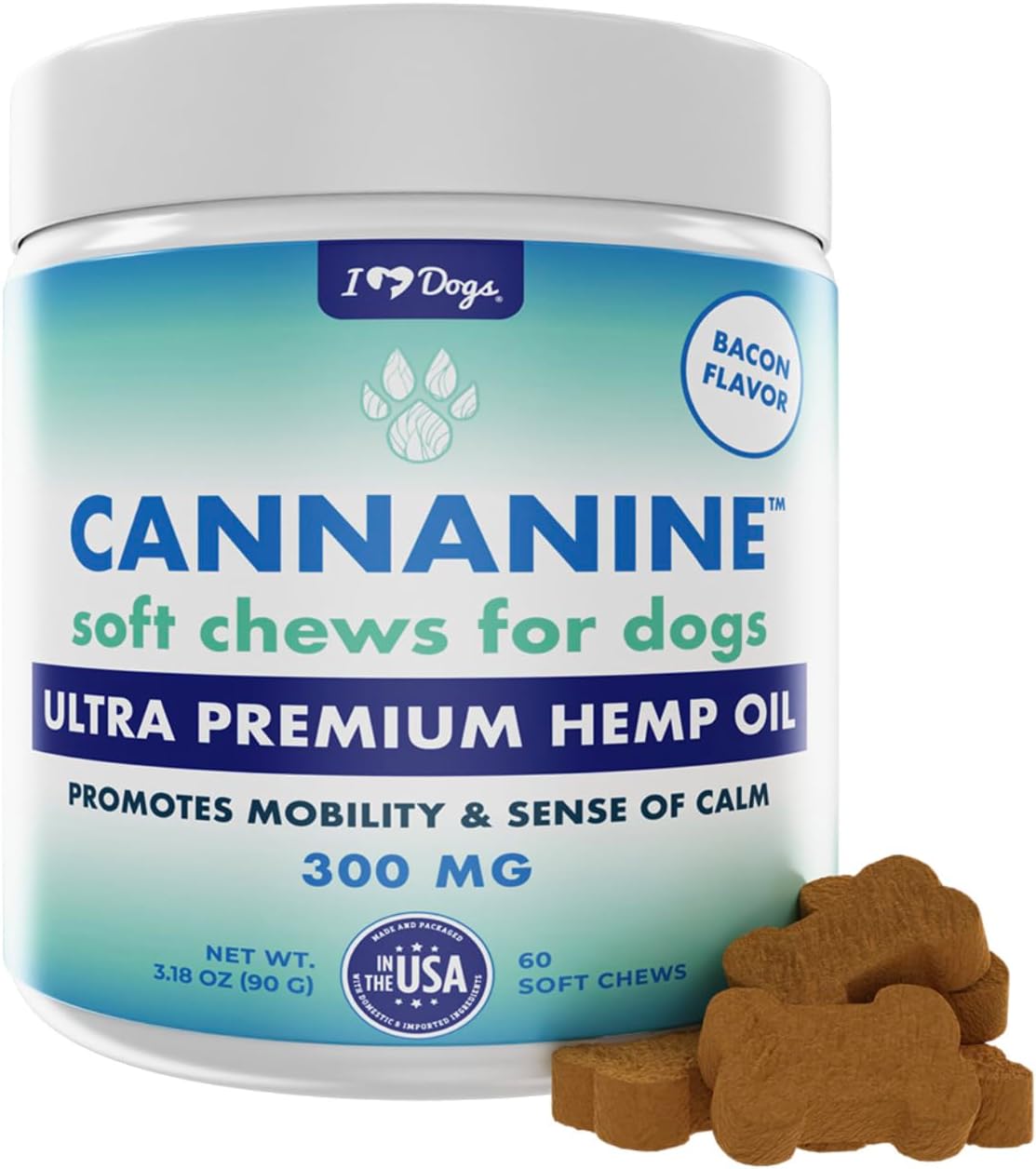
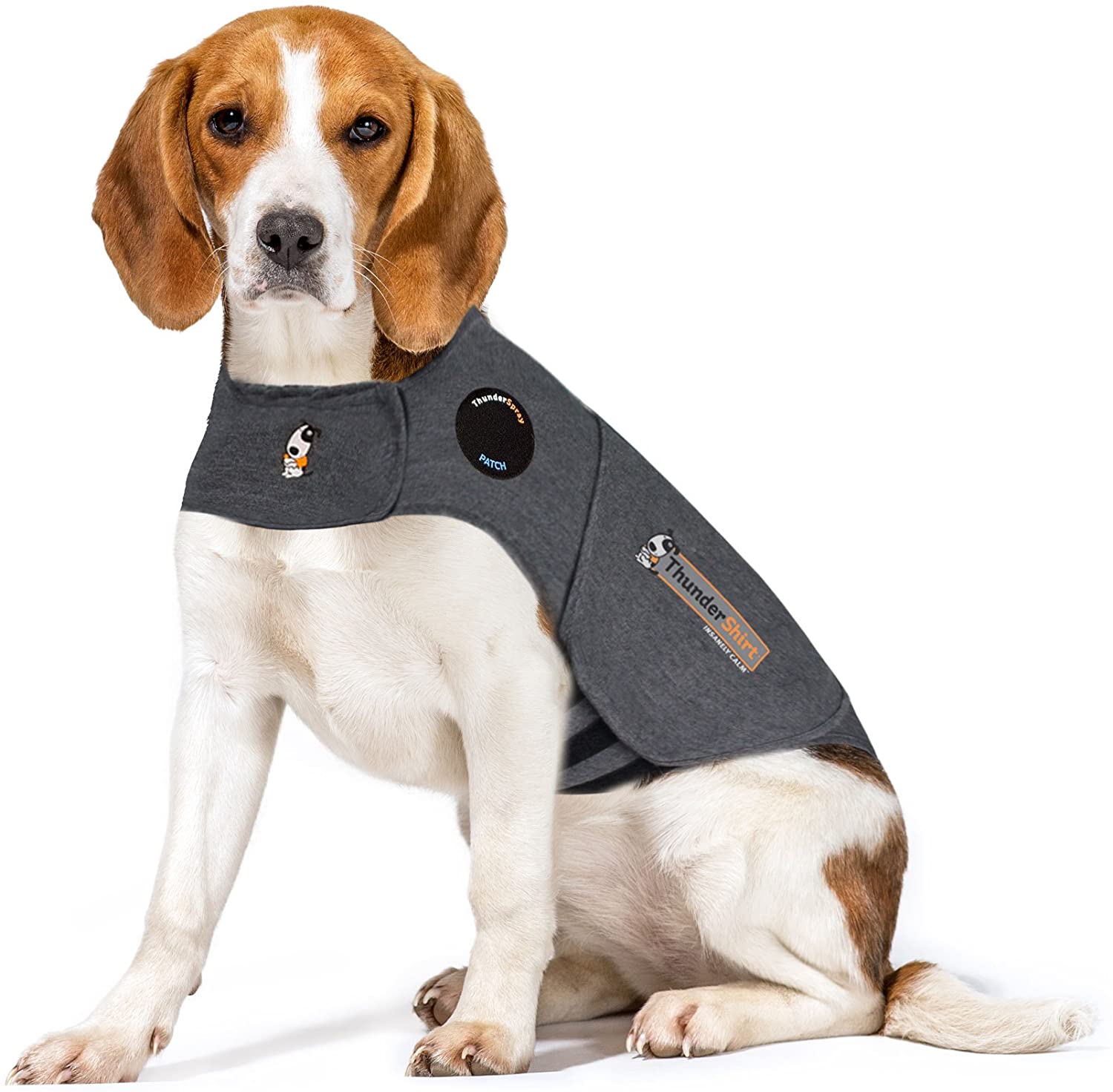
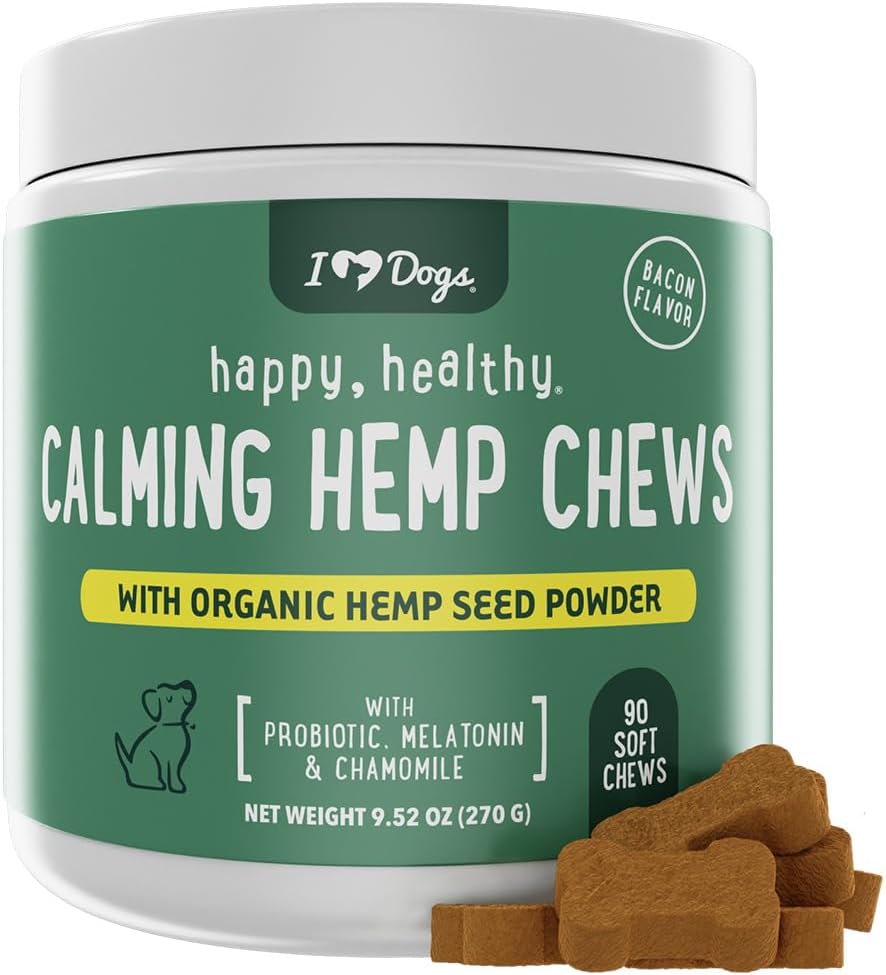
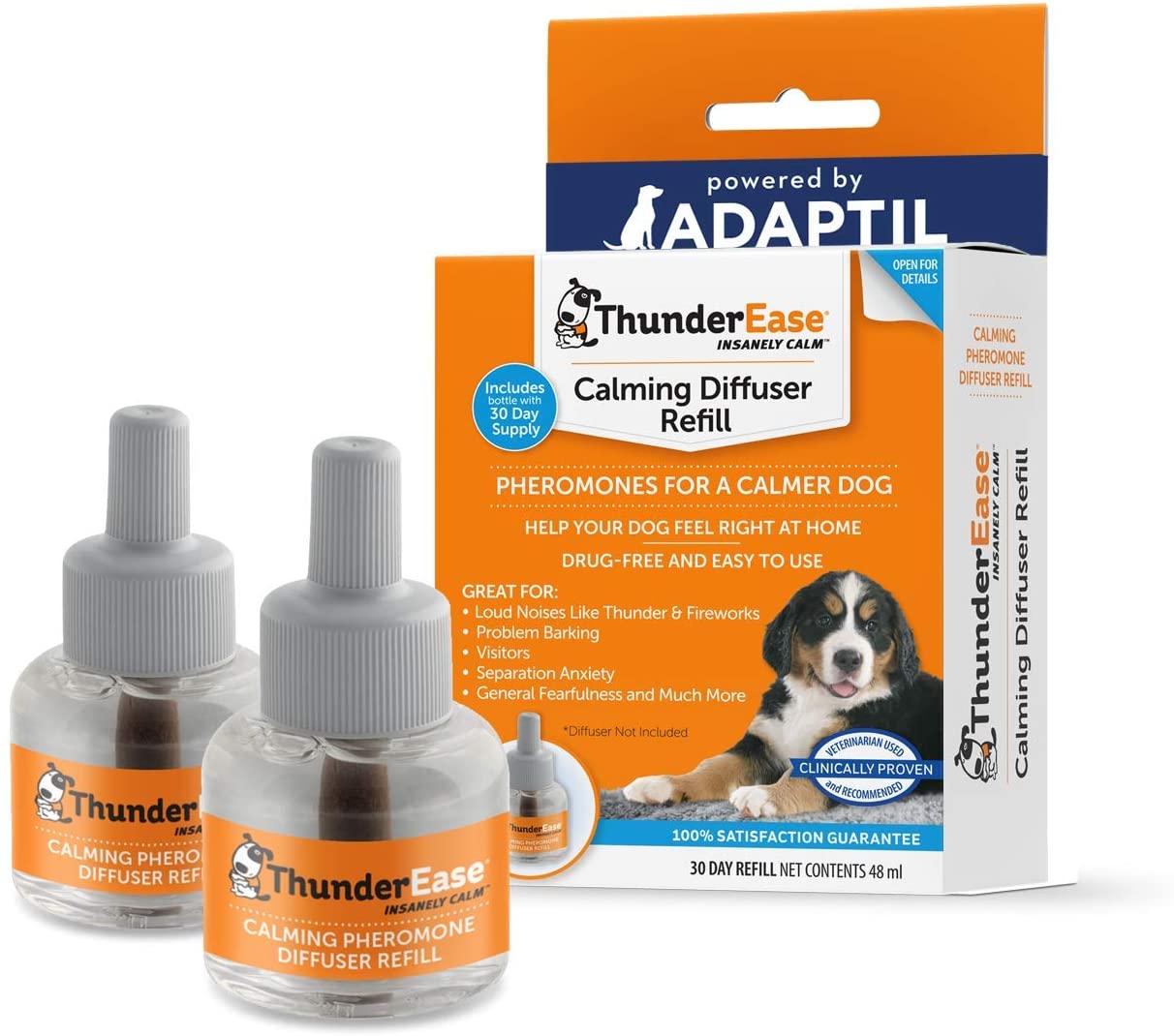

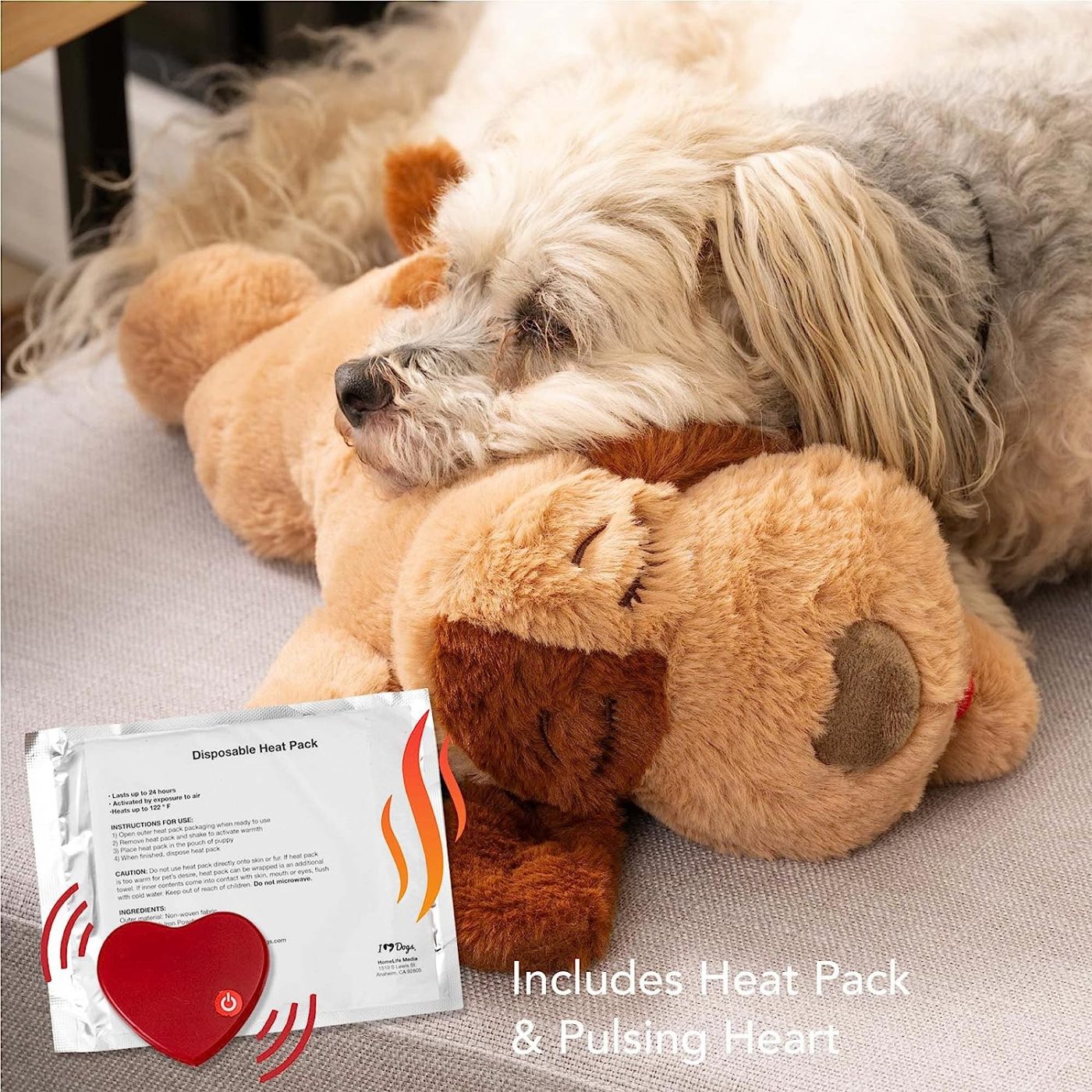
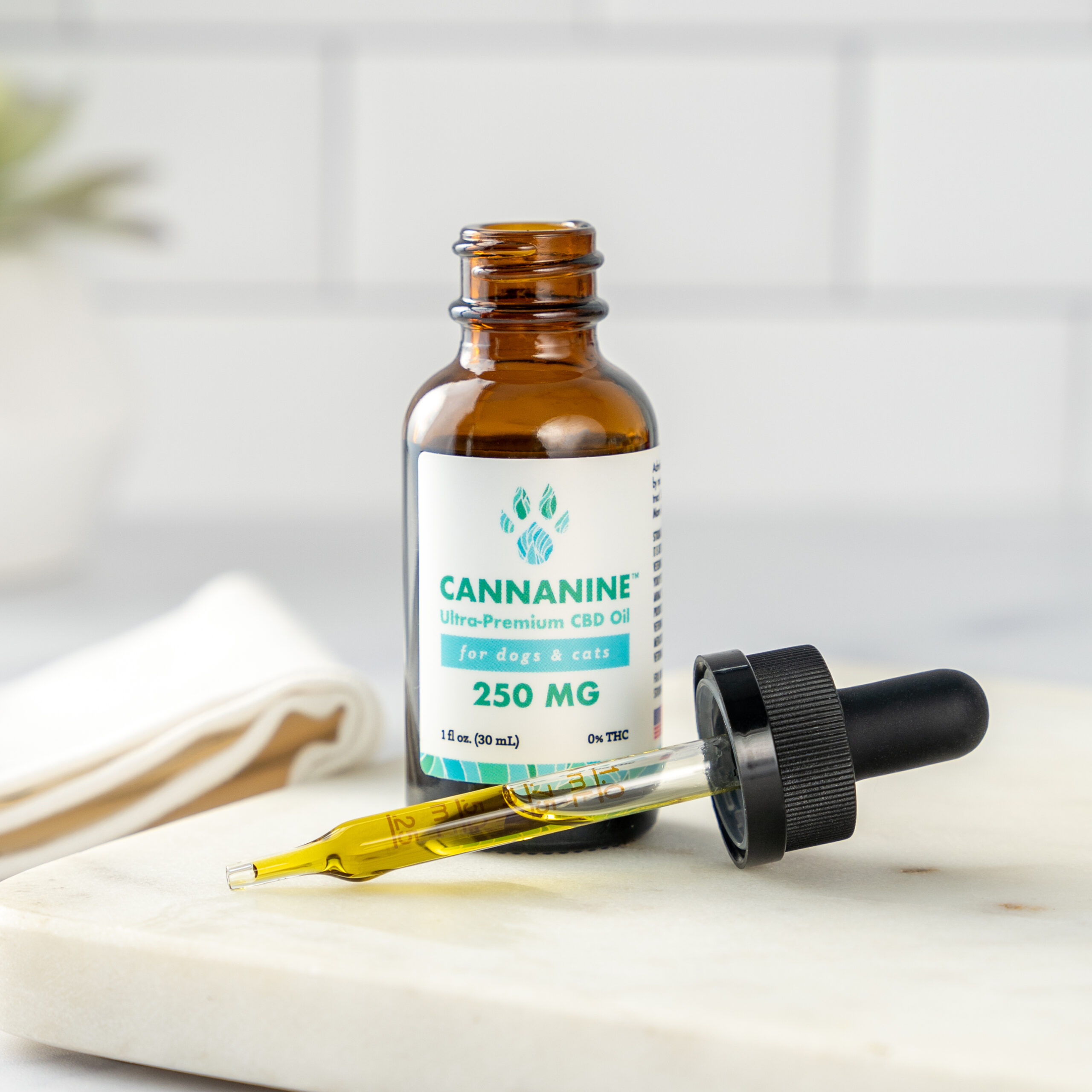
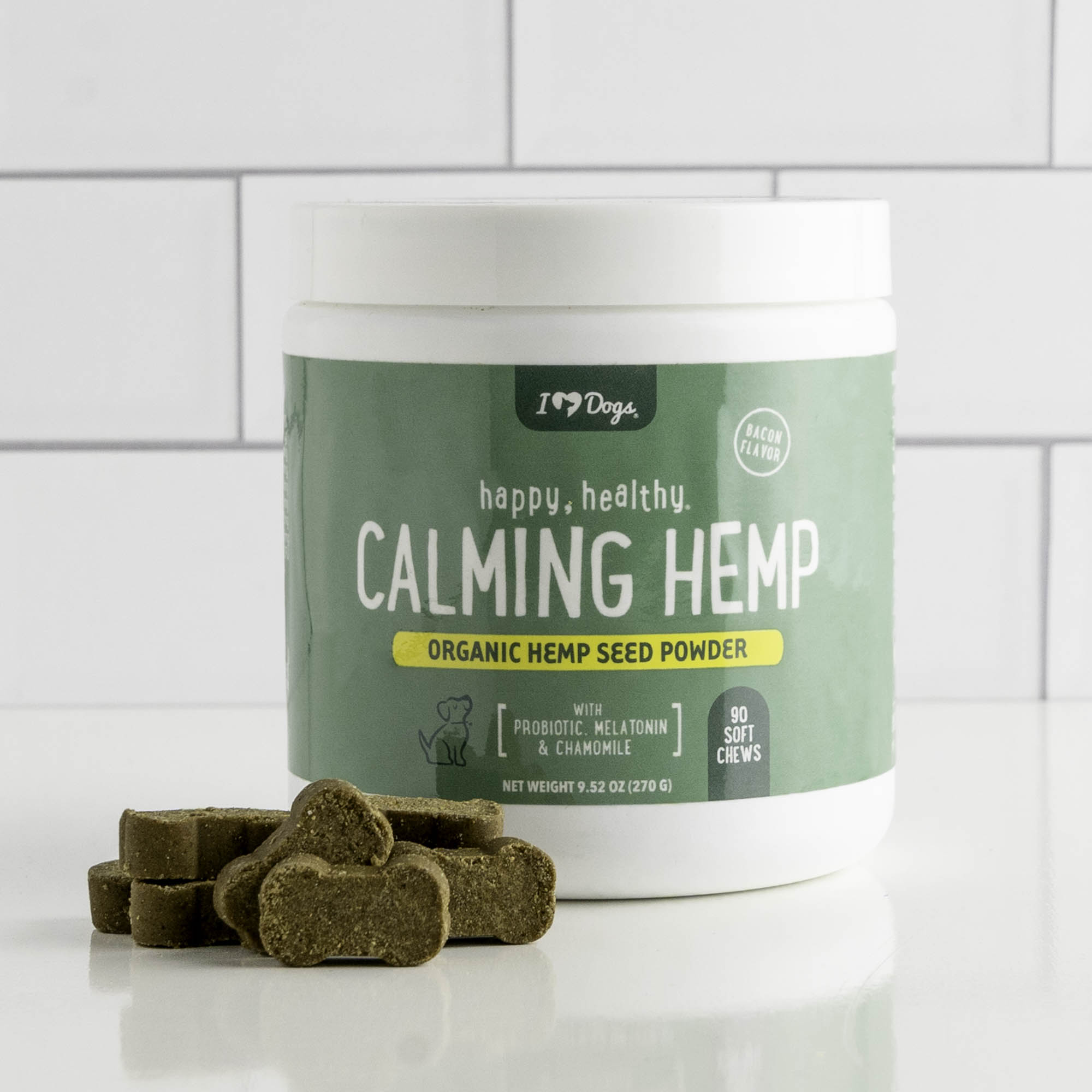
 Toledo, United States.
Toledo, United States.